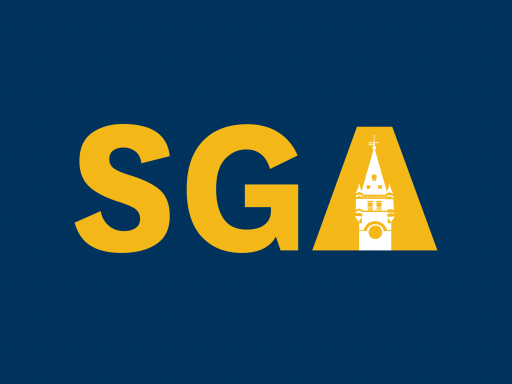Whereas, we, the members of the Undergraduate College of Bryn Mawr College, demonstrate our interest in each individual’s capacity for personal integrity and our belief in the principles of self-governance by affirming our student community on a system of academic and social honor;
Whereas, this system depends for its success on continuing support from every member of the Association, from those attending classes at Bryn Mawr, and those visiting our community;
Whereas, this demands that each student live with integrity and discretion in their own life and with respect and concern for others within the larger cooperative community; therefore be it
Resolved, that we, the members of the Self- Government Association of the Undergraduate College of Bryn Mawr College, do hereby adopt this Honor Code:
We, the members of the Undergraduate College of Bryn Mawr, have come together in this community in order to create an environment in which each member is able to realize their full potential — a potential which is realized through intellectual and social growth. Such an environment is possible in a community that values respect and concern for individuals and with this respect and concern, a commitment to communication. We have founded our community on the honor and integrity of its members. We trust that each student will be guided by the values of this community. Such trust is essential to maintaining the reciprocity on which our community is based.
Our intellectual and social development requires freedom born from trust. For growth requires more than blind adherence to a code of conduct, it requires reflection upon our actions and how our actions affect those with whom we share the community. Such reflection is only possible when one’s judgment is trusted.
Growth also requires that we take responsibility for our judgments, actions, and also for our student community. At the heart of growth is the process of learning. Learning is dependent upon an exchange of ideas, a dialogue that can only occur when there is mutual trust, respect, and concern. These qualities are natural in a community where the members are aware of their interrelation and interdependence. Through the community we are able to create an atmosphere for growth and learning as the maintenance of the community has the identical requirement for success as does the process of learning-dialogue. The quest for the realization of potential that has spawned this community has an intellectual component that extends to a mastery of academic subjects. Fundamental to intellectual development is a social one in which the members of this community reflect upon citizenship and what it means to belong to this community, or any community. The environment for learning that we have endeavored to create rests upon our sense of responsibility to the community, our peers within the community, and to ourselves. Basic to this learning process and the growth of this community and its members are a respect for and value of each member as an individual and also for the wealth of diverse experiences and backgrounds each of us brings to our community.
Although we entered into a community that existed before our arrival, we recreate the community through our participation. Our continued commitment not only to our own development, but to that of our fellow community members, results in the enrichment of our atmosphere, the strengthening of our foundation, and the constant reaffirmation of our community. Although our community is based on mutual respect and trust, tensions often arise between interests of individuals and community needs. Because of the diverse experiences and backgrounds of the members of this community, conflicts centering on differences among individuals develop. We recognize that acts of discrimination and harassment, including, but not limited to, acts of racism, homophobia, classism, casteism, ableism, and discrimination against religious and political minorities are devoid of respect and therefore, by definition, violate this Code.
Our student community does not stand alone — it is part of the larger Bryn Mawr community. The web of interdependence that characterizes our community includes all students taking courses at Bryn Mawr and extends to faculty, administration, and staff. While the jurisdiction of a student Honor Board does not extend beyond the undergraduate student community, this community is enriched when the principles that govern student interactions form the basis for our interactions with all those with whom we share the community.
We recognize that in our interactions with members of our community, problems and conflicts do arise. We have developed procedures by which such problems can be resolved — procedures which are based on the principles of self-governance and the need for communication. Basic to these procedures is a dialogue between the parties involved in the conflict. If such a dialogue does not result in the resolution of a problem, a student Honor Board will assist the parties in arriving at a resolution of the situation.
